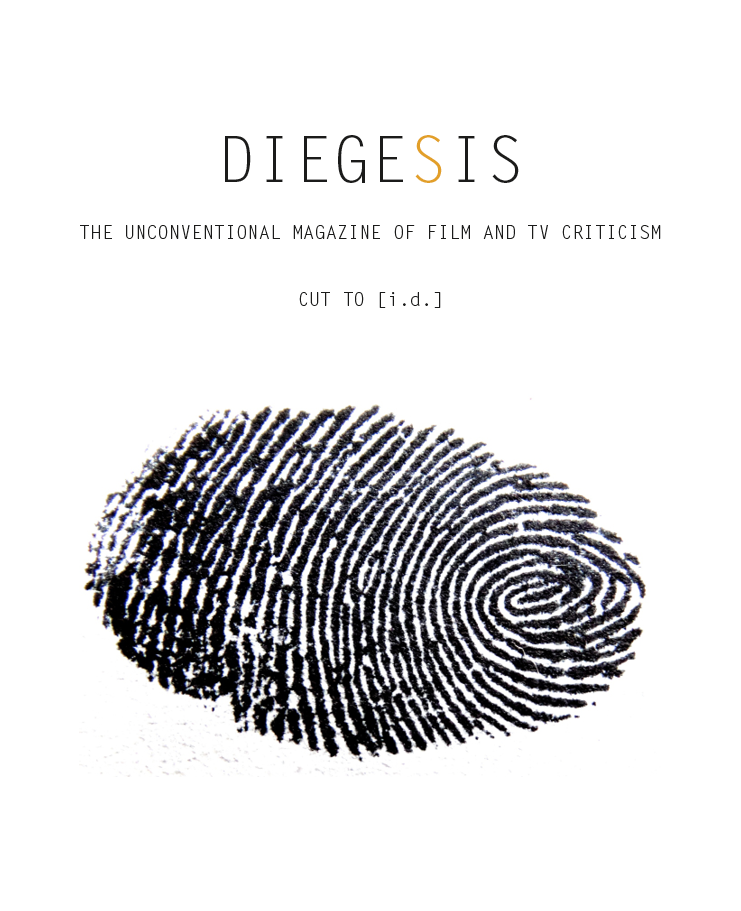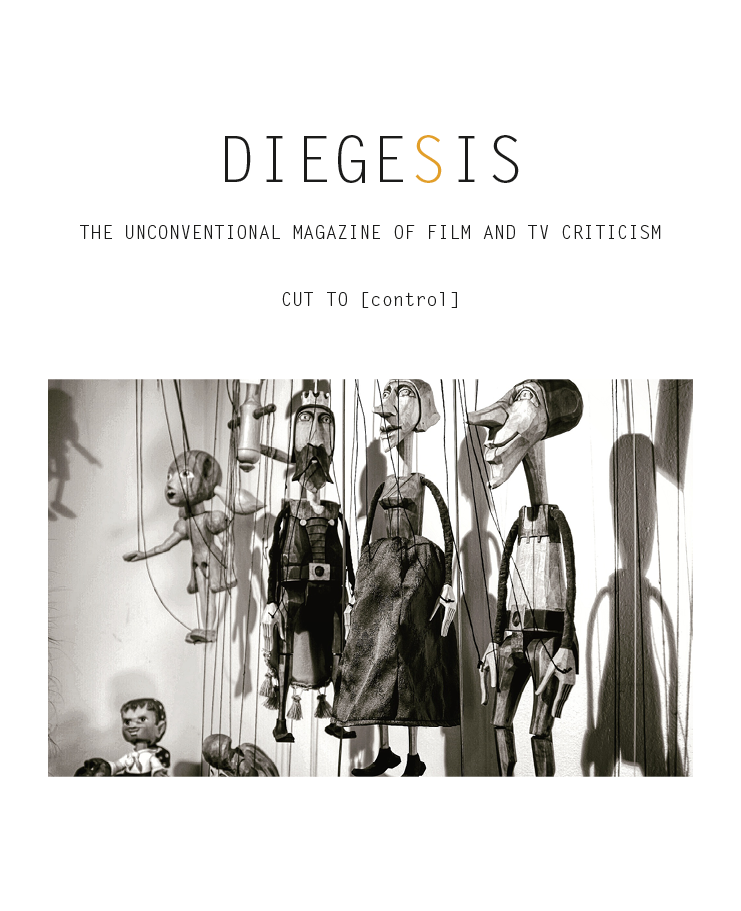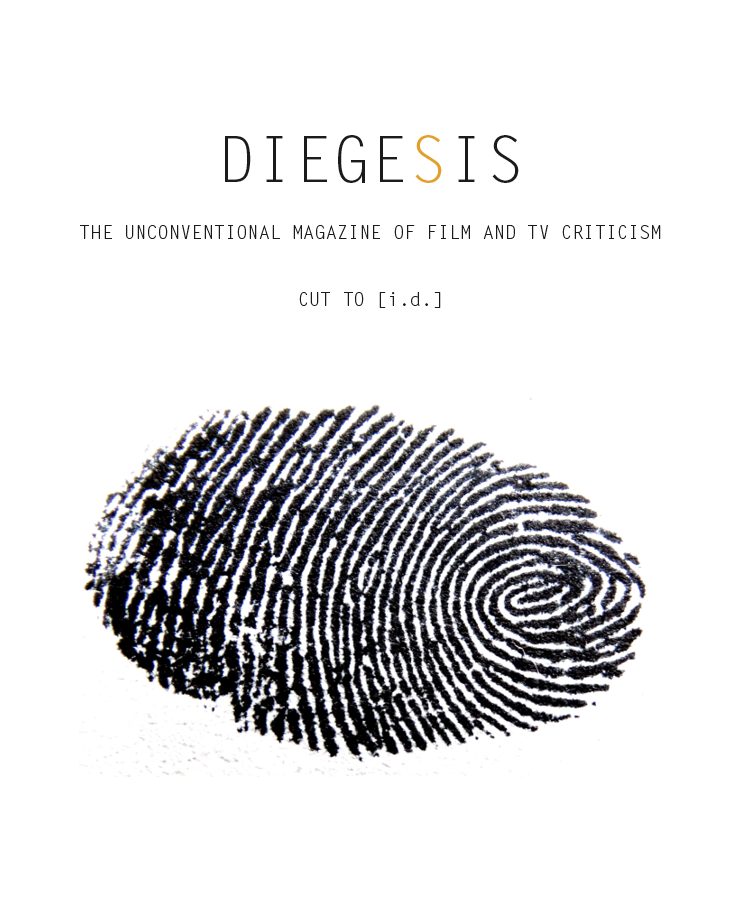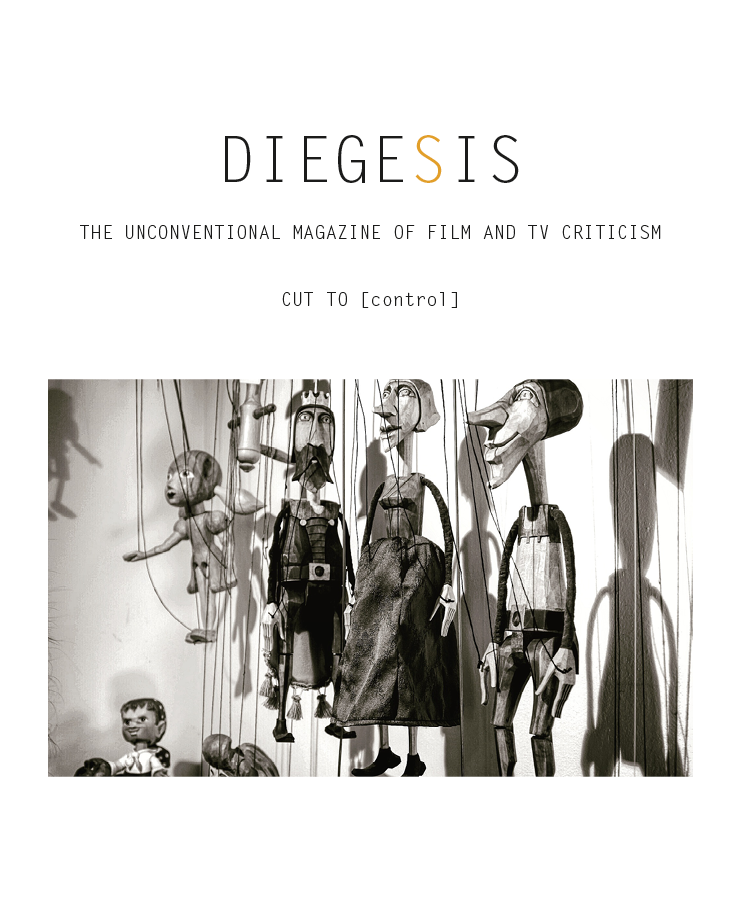Welcome to our first "flipped" print...
...a double issue in which we turn our attention to identity and control. The focus could not be more timely given the current industrial focus on gender, sexuality, race, class and power in the wake of #MeToo, #TimesUp, #OscarsSoWhite, calls for better support for working class actors and disability representation.
Contents
CUT TO [i.d.] #11
Of course, the screen has long held a fascination with questions of identity and the politics of representation. Who are we? Why are we? How are we? Where are we? Film and television have the power to influence, guide and inspire us. When it comes to identity and representation, this power is only starting to become better acknowledged. It is a troubling but also exciting time for filmmakers and content producers. But also for audiences, who are demanding better, more responsible representations.
The articles in our 11th print issue explore critical debates and screen representations of race, gender, sexuality, disability and mental health. Examining narratives of boys meeting girls, black meeting white, or mind meeting matter, our writers examine the screen’s attempts to subvert stereotypes, dispel myths and readdress problematic assumptions. Collectively, they call attention to identity as a construction, an image to be broken down and interrogated.
The articles in our 11th print issue explore critical debates and screen representations of race, gender, sexuality, disability and mental health. Examining narratives of boys meeting girls, black meeting white, or mind meeting matter, our writers examine the screen’s attempts to subvert stereotypes, dispel myths and readdress problematic assumptions. Collectively, they call attention to identity as a construction, an image to be broken down and interrogated.
CUT TO [control]
“With great power, comes great responsibility”, said the French philosopher Voltaire. And Peter Parker’s uncle to the agile super-arthropod in SPIDER-MAN. For Peter, the key to his survival is to control his power, to harness it and use it for the greater good.
It is a notion explored by many of the film and television case studies considered in our 12th print issue. What does it mean to have control? Who is more likely to be in control? The following articles examine the consequences of being in and out of control, the influence exerted by some and refused by others, questions of wealth and poverty, status and hierarchy, consent, compliance and abuse.
It is a notion explored by many of the film and television case studies considered in our 12th print issue. What does it mean to have control? Who is more likely to be in control? The following articles examine the consequences of being in and out of control, the influence exerted by some and refused by others, questions of wealth and poverty, status and hierarchy, consent, compliance and abuse.
[i.d.] and [control] are currently published in print only and will be available online at a later date. Pick up your free copy from Solent University and around Southampton or email [email protected]





